EXCELLENT
Incredible Difference in Our Crops
We can count on them more than any other contractor or service provider we know!
Thank you Watson Well for saving our well!
Don, his sons, and employees are all very knowledgeable and professional and did our projects at a very reasonable cost.
Thank you so much for the excellent response and care we have received.
I can only offer my highest praise for Don and his employees; thus I rank them 10 out of 10.

CA License #947596C-57 | C-36


Watson Well specializes in Pumps, Water Systems, Water Treatment, and Plumbing for Residential, Commercial, and Agricultural customers. We service Northern California customers from our Redding, Eureka, and Chico locations.
Complete the form below to request an appointment from our team. We will contact you shortly.